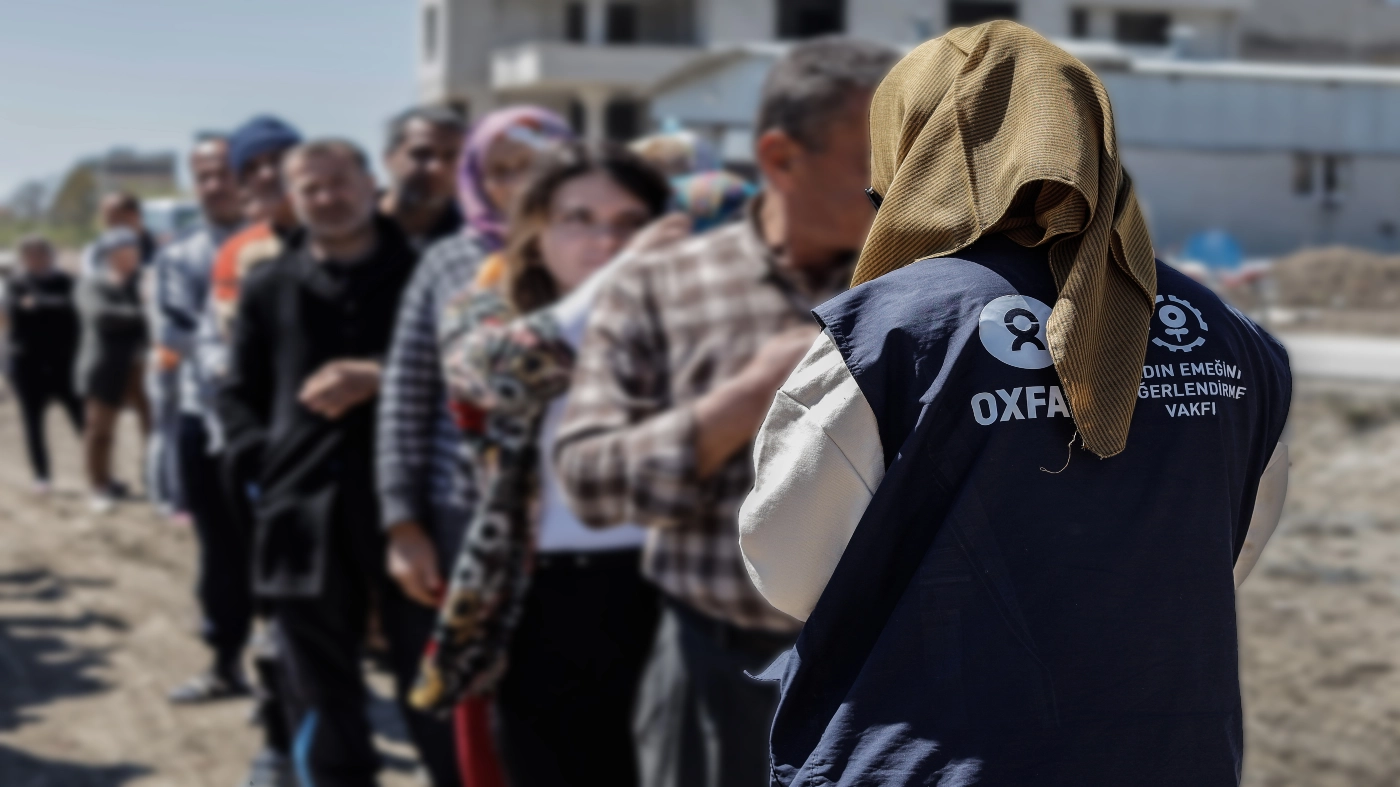Development & Humanitarian Practice
Scroll to explore or go to related resources

At a glance
We are committed to contributing to collective understanding and improved practice in community-based work and humanitarian action
We seek to listen and learn as we go, regularly adapting what we do to ensure it is grounded in evidence and the voices of people who may be less heard, have historically been excluded, or have varied perspectives.
We capture, synthesize, and communicate evidence, discussions, voices, literature and more for practitioners within our own organisation, for partners and for others who are seeking to develop understanding and improve what they do. Our goal is that this knowledge is continually updated and adapted to each context.
A visual story of shifting power
Take a journey from the dominant view of ‘development’ through decolonization, moving away from unequal power structures towards an explicitly anti-racist and feminist world where diverse futures thrive.
Go to websiteInclusive Language Guide

Feminist Principles

Decolonize! What does it mean?

Responsible Data Management training pack

Monitoring, Evaluation and Learning for Resilience: A companion guide

A Quick Guide to Monitoring, Evaluation, Accountability and Learning in Fragile Contexts

Youth Leadership, Engagement and Participation: Theory of change

Developing a Community Protection Action Plan: Tools and templates

Rapid Care Analysis Training Modules

Measuring and Understanding Unpaid Care and Domestic Work: Household Care Survey Toolkit

Photo captions and credit
Delivery of hygiene kits in Samandag, Hatay province in Turkiye. Mustafa KaraAli/Oxfam



